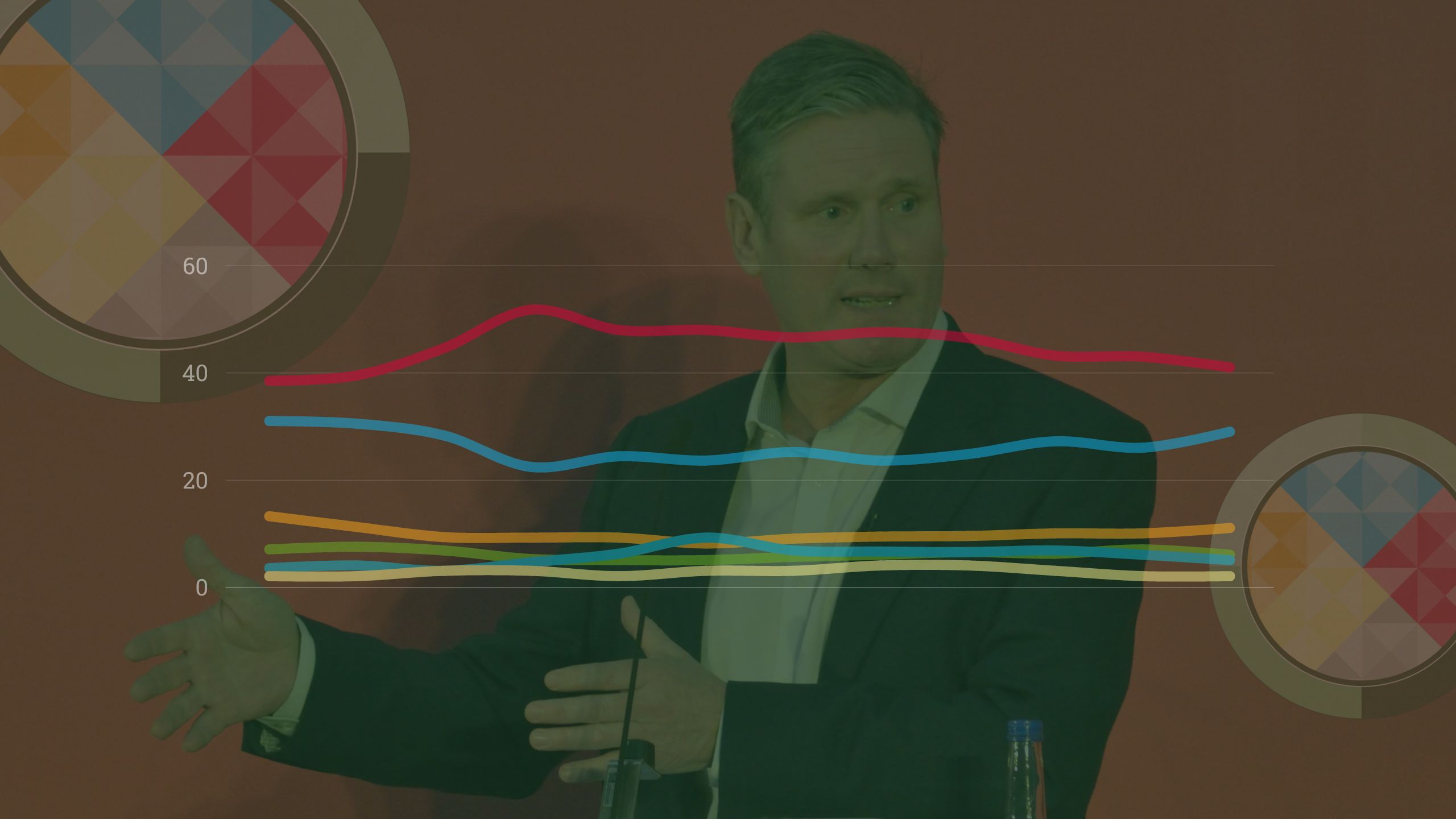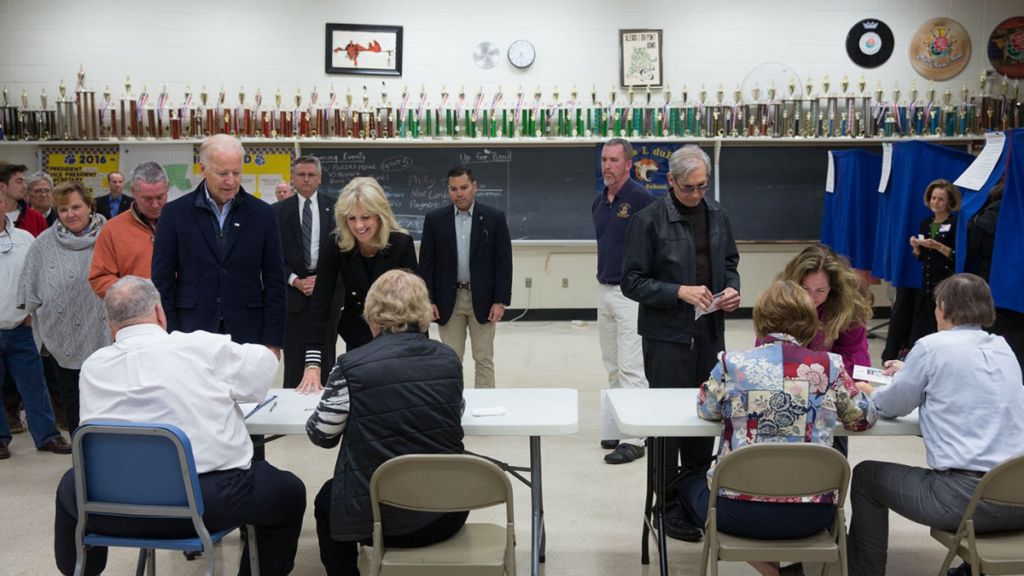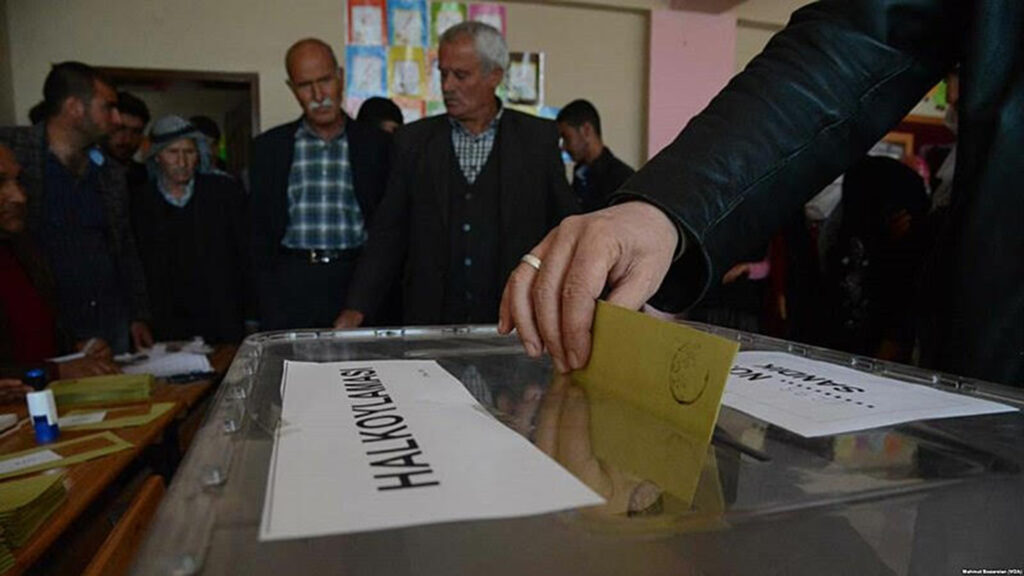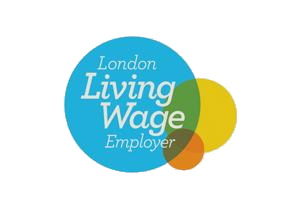One of the most noticeable and, of course, most important outcomes of the most recent Redfield and Wilton poll is that the support for both the Conservatives and Labour have held steady with no changes, polling 30% and 44% respectively. This means that Labour would secure a majority if the election were held tomorrow – but it would not be a large one.
Minimal changes in the cross-tabulations
There are, however, some changes; for one, previously we noted that in YouGov’s latest poll, amongst 2019 Conservative voters only 60% would likely vote Conservative again, yet the latest YouGov poll has seen this rise once more – albeit only to 65%. Nevertheless, it should be noted, especially as it correlates with a 4% bump in the Midlands and a 2% bump in the North.
Meanwhile, according to YouGov, Labour’s share of 2019 Conservative voters prepared to switch their vote has fallen, but only marginally, from 15% to 13%. Redfield and Wilton, however, see this remaining steady at 14%, but the figures are close enough for us to reasonably conclude that a significant proportion of the Conservatives’ voters in 2019 are disappointed in the government’s performance and set on voting for Labour.
Similarly, the Conservatives’ support continues to waver amongst the C2DE groups, edging down from 27% to 25%, though now support amongst the ABC1 groups has risen to 26%, up from 24%.
These changes are subtle, and should not be overblown: the picture that is emerging from the polling of the last few weeks is one of relative stability, but you would be forgiven for feeling as though it is the calm before the storm.
Starmer pulls ahead... just
One particular point on which Labour should be reassured is the increasingly popular perception the public holds of its leader. Keir Starmer has been steadily improving his favourability ratings, and whilst he still sat in the negatives at the end of May (-4%), Redfield and Wilton find that public favourability has risen consistently, first to 9% by the 5th June, and now to 13% by the 11th June.
This should concern the Conservatives. Sunak has sat at -9% in each of the above polls, and when voters’ reasons for preferring Starmer to Sunak are broken down, it is obvious that Sunak is not inspiring confidence in what are, historically speaking, key areas for the Conservative Party: for instance, when asked which of the two leaders are more likely to “build a strong economy”, voters prefer Starmer (39%) to Sunak (35%).
Starmer also leads on the general likeability front: he is seen as more likely to bring people together (46%, compared to Sunak’s 26%), as caring more about “people like me” (41% to Sunak’s 26%), and trusted to tell the truth (34% to Sunak’s 24% – though on this final one, “don’t know” leads them both with 42%).
If Sunak’s goal is to achieve a public image of governing competence, then trailing the Labour leader on the Conservatives’ historic strength (economic competence) is an alarm bell.
Issues and interests
As instructive as the support for parties and leaders always can be, it is the polling over particular issues that offers an insight into how the political mood is likely to develop as we near the election, especially as parties begin to write their manifestos and structure them in response to perceptions of issues.
The Redfield and Wilton poll revealed that the top three concerns for voters nationally are, in order, healthcare, the economy, and education; notably, healthcare has overtaken the economy in this ranking. This is deceptive, and is not, as you might think, due to economic forecasts improving, as the UK narrowly avoids a recession. Instead, it is more than likely due to voters’ anxiety over the state of the National Health Service.
The statistics are illustrative here: in a previous poll for Redfield and Wilton, 60% of the public considered the economy to be the most important issue, and this has dropped only slightly to 59% now. However, in the previous poll, only 54% of the public thought that healthcare was the most important issue; this has risen to be on-par with the economy, at 59%.
Why the sudden jump? There are two reasons: first, the Junior Doctors’ strike which, at time of writing, has just commenced; and second, healthcare has become more important for all voters, but significantly more important for Conservative voters.
For Labour voters, the importance of each issue ranks thus: first, healthcare, at 71% (a rise of 5%); second, the economy, at 65% (a fall of 2%); and third, education, at 28% (fall of 1%).
For Conservative voters, however, the economy still ranks at the top (62%, but down by 3%) and, whilst healthcare remains the number two priority, it has risen in importance from 41% to 53%. The NHS is never out of the news cycle, but as it becomes more of an issue for Conservative voters, the Conservative Party will be in the difficult position of needing to explain why the last 13 years have been positive for the NHS, but why it has also not resolved the issues that the public clearly perceive.
The known unknowns
Everyone reading this should bear one important point in mind: there are major developments that have not yet been covered by polling that could seriously affect each party’s standing.
First, the resignations of Boris Johnson and Nigel Adams, and the still-forthcoming resignation of Nadine Dorries. Each of these are likely to affect the popularity of the Conservative Party, in different ways, and whether the resignation of the “man who won the Red Wall” will tank the Tories in that part of the country remains to be seen.
A poll released by Lord Ashcroft finds that should a by-election be held in Johnson’s seat he would win by an increased margin. Those whose eyebrows were raised by this can be assuaged by his resignation making any of his ‘personal vote’ held by voters in Uxbridge & South Ruislip meaningless.
And what of Nicola Sturgeon’s arrest and prompt release? It is likely that the Scottish National Party would continue slipping in the polls without this development, but this might accelerate it. Has the SNP sufficiently disentangled itself from Sturgeon to avoid it?










